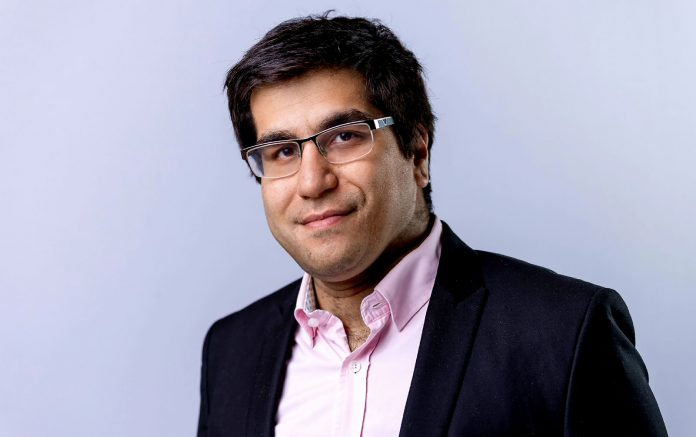Dr. Suraj Samtani is a medical oncologist living and working in Santiago, Chile.
I’m a medical oncologist and I also work in an intensive care unit in Santiago, Chile. In a country where subspecialists have always been on demand, great efforts on how to provide the best care to our patients are being implemented.
COVID-19 is a global challenge unlike any we have ever lived through before. As the COVID-19 outbreak reached our country in February 2020, healthcare providers have made huge efforts to adapt to this global pandemic. Telemedicine has become an important tool, which might change the way we practice medicine in the future.
Working extra shifts, discovering how to provide the best care to different high-risk patients and figuring out how to make the most of our limited resources (while knowing that there is no end in the near future) makes this constant battle a deadly battle.
Patients with cancer are one of the high-risk groups in the COVID pandemic. They are vulnerable to infection because of their immunosuppressed status and underlying disease. As these patients need to continue their treatment for us to give them a chance of a prolonged and hopefully a better quality of life, oncologists need to continue our work. Many patients are in quarantined locations, so they are unable to travel to their medical appointments. In times of pandemic like this, we are making certain adjustments, such as reducing clinical visits, recommending laboratory testing near patients’ homes and switching from intravenous to oral therapies, when possible, to minimize the exposure to healthcare facilities.
Every day, I fear the choices we must make—to decide who lives and who dies because the health care system is overwhelmed. Or observing how patients say goodbye to their loved ones through digital communication is something I don’t want to live through again. One of my biggest fears is how to balance the risk of going to work and returning home and being a virus carrier to my family.
There are days when you see people walking normally in the streets or hear news about social gatherings and trips to beaches, and it all makes you wonder if the efforts we as healthcare providers are making, makes any sense. So, my message is simple: please friends, stay at home. It is as important as providing medical care, and this battle can only be won if we all work as one.











